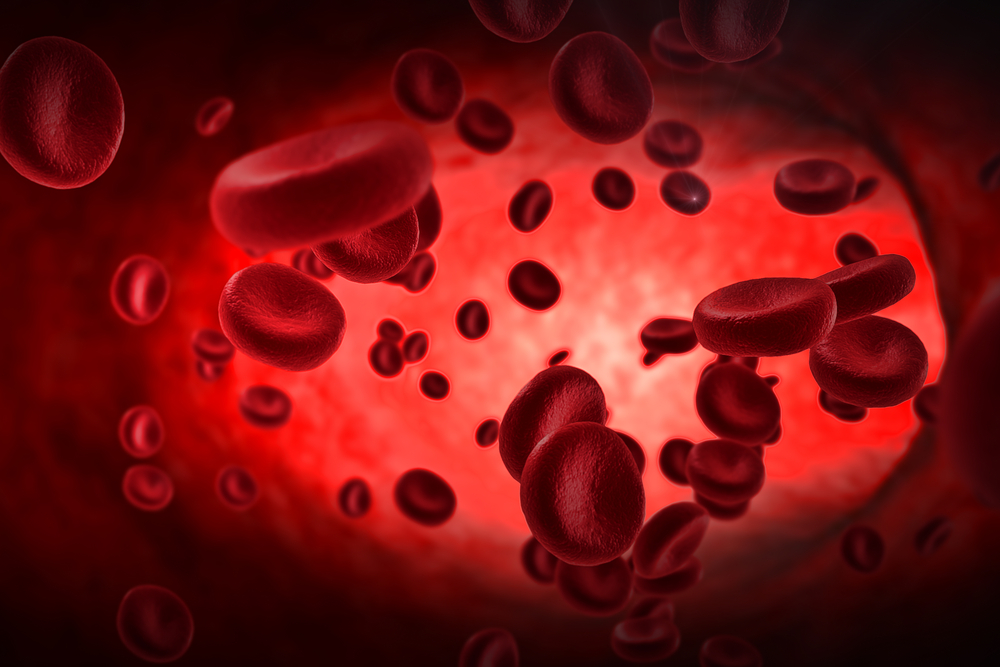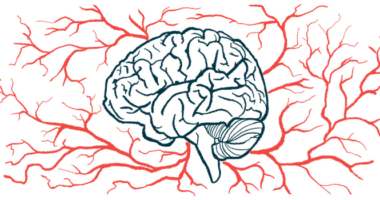Howard University Symposium Focuses on Sickle Cell Cure

Howard University’s 6th Annual World Sickle Cell Awareness Day Symposium has its sights set on a cure for the inherited blood disorder.
To be held June 19 — the 10th anniversary of World Sickle Cell Awareness Day — the free meeting is themed “Cure Sickle Cell Now — Patient Engagement.” The event, which will take place at Howard University Hospital in Washington., D.C., will showcase the school’s Cure Sickle Cell Now Initiative.
The symposium follows the September 2018 announcement of a federal government effort to find a cure for sickle cell disease (SCD). The National Institutes of Health’s (NIH) Cure Sickle Cell Initiative will strive to move the most promising genetic-based curative agents into clinical trials within five to 10 years.
The meeting will feature patients and experts who seek to promote advanced disease study. Speakers will include: Freda Lewis-Hall, MD, Pfizer‘s chief patient officer and executive vice president; Keith W. Hoots, MD, director of the division of blood diseases and resources, National Heart, Lung, and Blood Institute; and Edward J. Benz Jr., MD, president and CEO emeritus, Dana-Farber Cancer Institute.
The event’s featured speaker, Howard University alumna Lewis-Hall, will discuss patient engagement in clinical trials. Benz will address accelerating the application of genetic therapies.
”The Howard University #CureSickleCellNow is a call to action to raise awareness and educate the community about the national drive to cure the disease. We want to let our patients know there is hope on the horizon,” James G. Taylor, MD, director of Howard University’s Center for Sickle Cell Disease, said a press release.“All of the speakers are razor-focused on the topic and intimately involved in sickle cell work.”
The symposium also will feature a panel discussion with patients who have participated in clinical trials. A key institute for the study of new SCD drugs, the 47-year-old Center for Sickle Cell Disease, in addition to treating a high volume of patients, has participated in every major clinical investigation that has led to approved SCD therapies.
To emphasize the importance of clinical trials, Maryland resident Tesha Samuels will talk about her experiences as a participant in a NIH study.
”It was a very long and at times painful experience,” she said. “However, I believe it has been truly life changing. There are researchers and doctors who are working on cutting-edge research to try to eradicate this debilitating illness. Clinical trials are important for doctors, scientists and researchers to gain knowledge about how the disease affects us,” Samuels said.
Such trials are essential to scientific advancements, Taylor said, adding that minority populations often are reluctant to participate.
”If we don’t do the trials and experiments, we are not going to make progress,” he said, “We need patients to be willing to participate in drug and other trials, where appropriate.”






